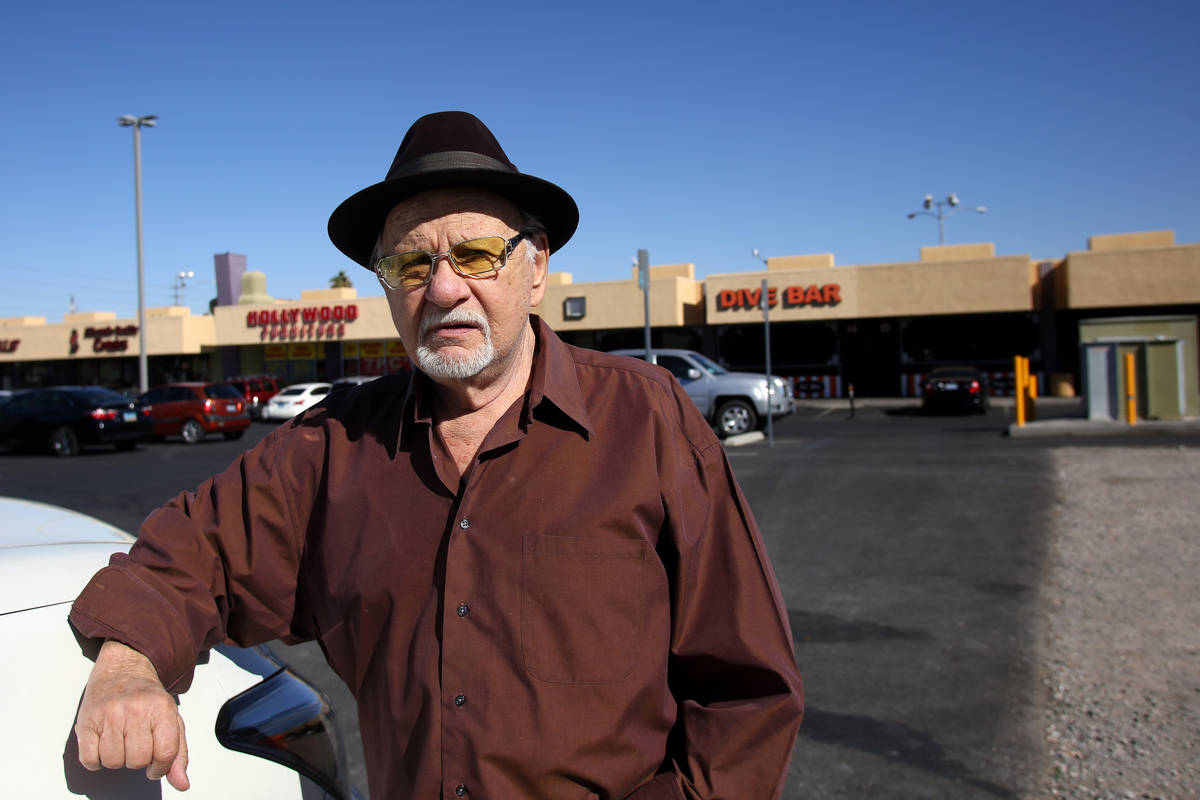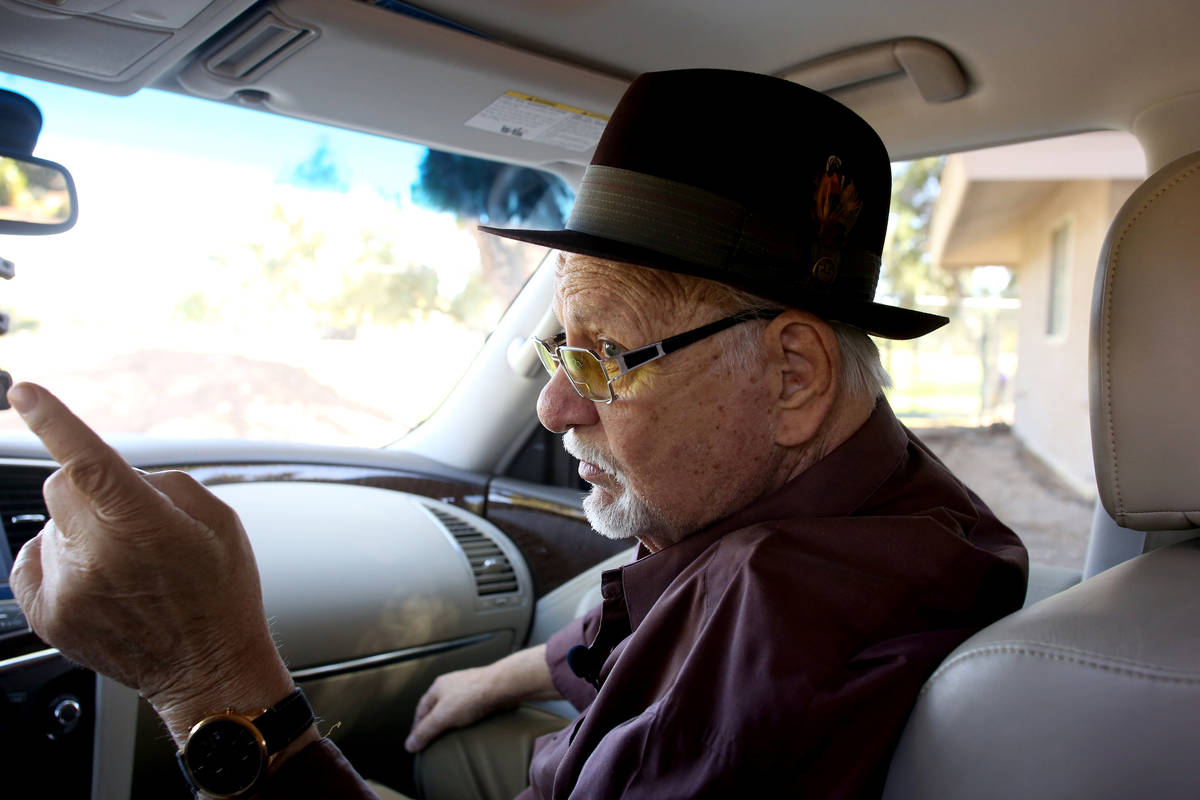Ex-mobster Frank Cullotta, crony of Tony Spilotro, dies in Las Vegas
Frank Cullotta, the former mobster who helped break the Chicago Mafia’s grip on Las Vegas, has died. He was 81.
Geoff Schumacher, vice president of exhibits and programs for the Mob Museum, said Cullotta died about 12:50 a.m. Thursday at an area hospital. He had COVID-19 as well as other medical issues, Schumacher said.
Cullotta, a cold-blooded killer who turned government witness, figured prominently in the Review-Journal’s “Mobbed Up: The Fight for Las Vegas” serial podcast, which was created in partnership with the Mob Museum.
He also was a consultant on the 1995 movie “Casino,” which was based on the rise and fall of the Chicago mob’s casino skimming and street rackets empire in Las Vegas.
Chicago-born Cullotta came to Las Vegas in 1978 at the invitation of his childhood friend Anthony “The Ant” Spilotro, who had moved here in 1971 to oversee the Chicago outfit’s crime interests. At the time, Las Vegas was regarded as an “open city” for more than two-dozen Mafia families, and the Chicago syndicate was the most dominant.
Cullotta became one of Spilotro’s most trusted lieutenants, running the “Hole in the Wall Gang,” which entered homes and businesses by drilling holes in walls and ceilings.
In an interview for “Mobbed Up,” Cullotta estimated that his crew burglarized between 250 and 300 homes in Las Vegas by 1981. Their run ended on July 4, 1981, when they were captured after a botched break-in at Bertha’s home furnishings store on East Sahara Avenue. Months later, Cullotta was persuaded to cooperate with the FBI and Las Vegas police after being told Spilotro had put out a contract on his life.
“He was the single most important witness in the breakup of Spilotro’s criminal organization,” said Dennis Arnoldy, his former FBI handler. “He had the inside information and how it all was happening.”
David Groover, a retired Las Vegas police officer who participated in Cullotta debriefings, added: “When he turned, it changed everything. Everything crumbled, and it was pretty much over.”
Cullotta’s testimony led to federal racketeering indictments against Spilotro and his associates, but the case ended in a mistrial in April 1986. Two months later, as the retrial was about to get underway, Spilotro was murdered.
As part of his cooperation with authorities, Cullotta admitted to at least two slayings and served time in prison. He also spent time in witness protection but left voluntarily to pursue businesses that included his own Las Vegas mob tour.
“He was a killer who turned out to be a law-abiding citizen,” said Groover, now a private investigator. “He was a witty, highly intelligent person with a lot of charisma.”
Author Dennis Griffin, who worked with Cullotta on four books, said he asked Cullotta many times over the years about how he reconciled his previous life with his later life.
“Actually, he told me he had found God,” Griffin said. “He believed in God and said he had made peace with God. He knew he had been a bad guy who had done bad things but he addressed the issues and said he was comfortable with the way he was now.”
Still, Griffin said: “when I met Frank I made the error of using the word ‘informant.’ He was adamant he was not an informant. He was a government witness. He never wore a wire and never went out trying to entrap anybody. So there was a distinction in Frank’s mind.”
Schumacher got to know Cullotta through the Mob Museum and said he was, within limits, “a really nice guy.”
“You had to remember in the back of your mind he did some very bad things. He committed murders. He committed robberies and burglaries. He beat people up. He was generally not someone who most people would want to associate with.
“But as long as you understood that, he was a gentleman. He was fair-minded. He always wanted to make sure people were taken care of. And he was very forthcoming and honest about what he had done,” Schumacher said.
“Also, in his later years, he definitely showed remorse … not every (killer) showed remorse of what they did. But he did.”
Contact John Przybys at jprzybys@reviewjournal.com. Contact Jeff German at jgerman@reviewjournal.com. Follow @JJPrzybys and @JGermanRJ on Twitter.














